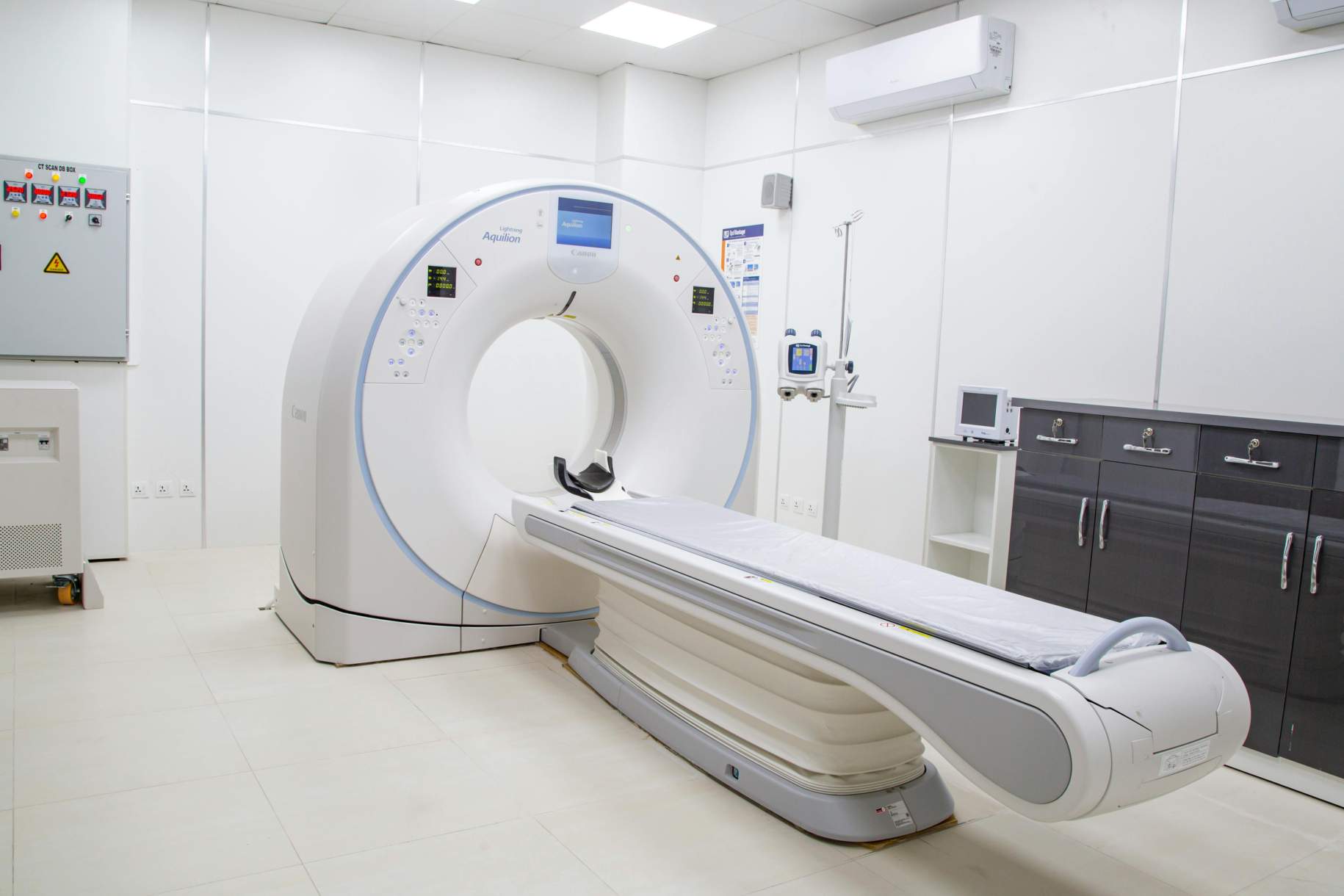What to Expect During an MRI Scan


Magnetic Resonance Imaging (MRI) is a powerful diagnostic tool used to create detailed images of the body's internal structures. For many patients and caregivers, the thought of undergoing an MRI scan can be daunting. Knowing what to expect during the procedure can help alleviate anxiety and make the experience more manageable. This article will provide a comprehensive guide on what to expect during an MRI scan, focusing on brain MRIs and other types of MRI scans, to help you feel more prepared and confident.
The MRI Procedure: An Overview
Arrival and Check-In
Upon arrival at the imaging center, you will check in and complete any necessary paperwork. This may include providing your medical history and information about any metal implants or devices you may have.
Providing accurate information about any metal implants or devices is crucial for your safety during the MRI scan. Metal objects can interfere with the magnetic field and pose a risk.
Preparation for the Scan
Before the scan, you will be asked to change into a hospital gown to avoid interference from metal fasteners or accessories. You will also be instructed to remove any metal objects, such as jewelry, watches, and eyeglasses.
Wearing comfortable, loose-fitting clothing without metal fasteners can make the preparation process smoother. Ensuring you are free of metal items helps obtain clear and accurate results.
Why should you have your surgery with Dr. Cohen?
Dr. Cohen
- 7,500+ specialized surgeries performed by your chosen surgeon
- More personalized care
- Extensive experience = higher success rate and quicker recovery times
Major Health Centers
- No control over choosing the surgeon caring for you
- One-size-fits-all care
- Less specialization
For more reasons, please click here.
Entering the MRI Room
Once you are prepared, you will be escorted to the MRI room. The MRI machine is a large, cylindrical device with a movable table that slides into the machine. The MRI technologist will explain the procedure and answer any questions you may have.
Understanding the layout of the MRI room and the machine can help reduce anxiety. The technologist is there to guide you through the process and ensure your comfort.
During the MRI Scan
Positioning on the Table
You will lie down on the movable table, and the technologist will position you correctly for the scan. For a brain MRI or brain tumor MRI, your head will be placed in a special cradle to keep it still.
Remaining still during the scan is crucial for obtaining clear images. The technologist may use cushions or straps to help you stay in the correct position.
Entering the MRI Machine
The table will slowly slide into the MRI machine, positioning the area of your body being examined in the center of the magnetic field. For a brain MRI scan, your head will be in the center of the machine.
The MRI machine can be noisy, producing loud thumping or tapping sounds during the scan. Earplugs or headphones are usually provided to help reduce the noise.
The Scanning Process
The MRI machine uses powerful magnetic fields and radio waves to create detailed images. You will need to remain as still as possible during the scan to ensure the images are clear and accurate.
The technologist will communicate with you through an intercom system, and you will have a button to press if you need to speak to them or if you experience any discomfort.
The scan can take anywhere from 30 minutes to over an hour, depending on the area being examined and the complexity of the images required. Practicing relaxation techniques, such as deep breathing or visualization, can help you stay calm and still during the scan.
After the MRI Scan
Exiting the MRI Machine
Once the scan is complete, the table will slide out of the MRI machine, and the technologist will help you off the table. You can then change back into your clothes.
Take your time getting up, especially if you feel lightheaded or dizzy. It is normal to feel a bit disoriented after lying still for an extended period.
Post-Scan Instructions
The technologist will provide you with any necessary post-scan instructions. If you were given a contrast material, such as gadolinium, it is important to drink plenty of water to help flush it out of your system.
Follow any specific instructions given by the technologist or your healthcare provider to ensure a smooth recovery.
Receiving Your Results
The images from your MRI scan will be reviewed by a radiologist, who will send a report to your healthcare provider. Your provider will then discuss the results with you and explain any findings.
It may take a few days to receive your results. If you have any questions or concerns in the meantime, do not hesitate to contact your healthcare provider.
Key Takeaways
- Arrive early to complete paperwork, change into a gown, and remove metal objects before the MRI scan.
- Stay still during the scan, using earplugs or headphones to reduce noise.
- After the scan, drink water if contrast was used, and await results from your healthcare provider.











